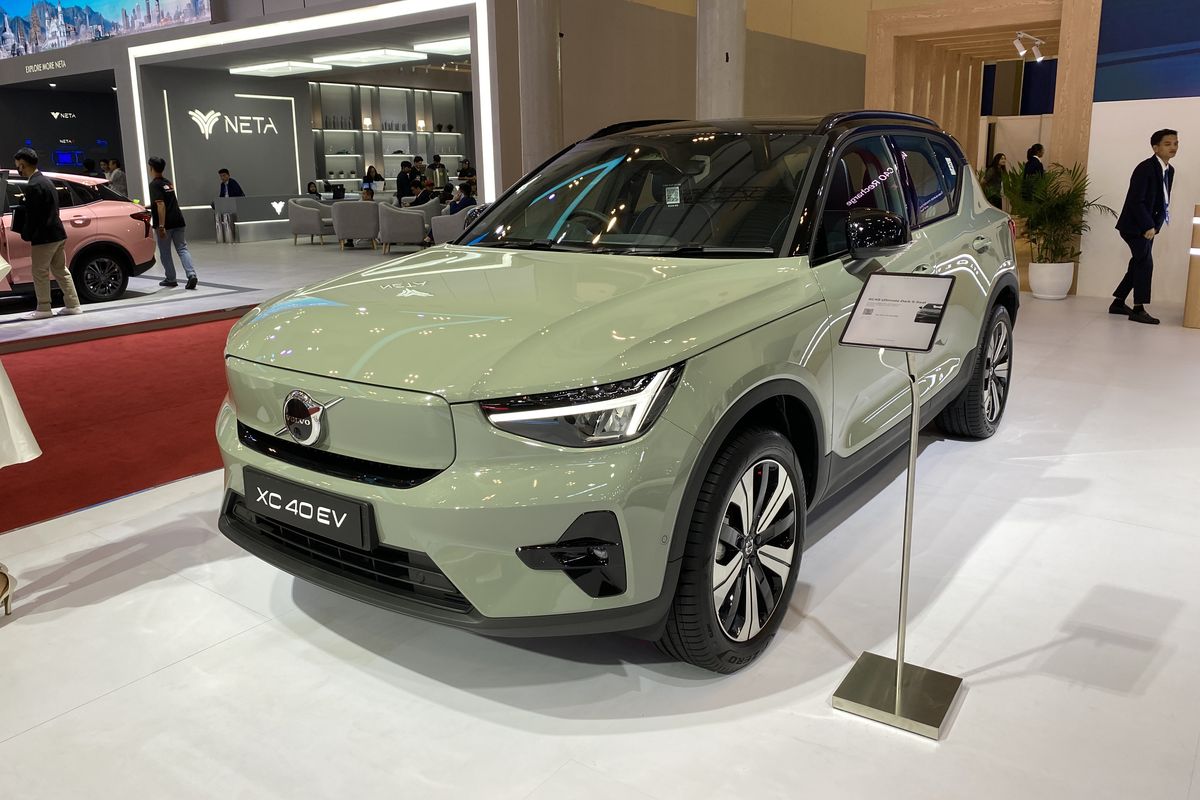Volvo has adjusted its electrification goals, opting to move away from its ambitious plan to produce exclusively electric vehicles (EVs) by 2030. Instead, the Swedish automaker will maintain a more flexible strategy, incorporating both fully electric cars and hybrids in its lineup as it navigates an increasingly volatile market. This significant shift comes as the global auto industry grapples with fluctuating demand for EVs, evolving trade policies, and the uneven development of charging infrastructure.
Volvo initially announced its bold vision to go fully electric in 2020, positioning itself at the forefront of the automotive sector’s push towards sustainability. However, the company now admits that market conditions have changed dramatically. According to Jim Rowan, Volvo’s CEO, the transition to full electrification won’t be as straightforward as previously thought. “We remain fully committed to an electric future, but the path will be more complex than expected,” Rowan said in a statement. “Customers and markets around the world are transitioning at different rates.”
The company still expects around 90% of its vehicle production to be electric or plug-in hybrids by 2030, with a smaller portion allocated to mild hybrids—cars with traditional combustion engines and limited electric support. This pivot reflects the growing challenges Volvo and other automakers face as they try to keep pace with shifting regulatory landscapes and unpredictable consumer behavior.
One of the biggest hurdles is the uneven rollout of charging infrastructure, which has hampered EV adoption in many regions. Additionally, the reduction of government incentives for electric cars in key markets like Europe has further slowed demand. Germany, for instance, recently ended its EV subsidies, contributing to a nearly 11% drop in registrations across the European Union in July, according to data from the European Automobile Manufacturers Association.
Volvo’s reliance on its Chinese manufacturing operations has also exposed it to increasing geopolitical risks. The company, majority-owned by China’s Geely, is affected by new tariffs imposed by Western nations on Chinese-made electric cars. Canada, the U.S., and the European Union have all introduced steep tariffs on Chinese EV imports in recent weeks, citing unfair competition due to China’s alleged subsidies for its domestic EV industry. While China has denied these accusations, the resulting trade tensions have added further uncertainty to the already complex global automotive market.
Volvo is not the only automaker adjusting its EV strategy. U.S. car giants Ford and General Motors have also scaled back their electrification plans. Ford recently canceled the development of a large all-electric SUV, citing concerns about profitability, while General Motors has slowed its EV production goals over the past year. These developments suggest that the road to a fully electric future may be longer and more challenging than many had anticipated, with a combination of hybrid and traditional technologies remaining in play for the foreseeable future.
Despite the setbacks, Volvo remains committed to reducing its carbon footprint and contributing to a greener future. However, the company’s decision to temper its all-electric ambitions demonstrates the need for flexibility in an industry that is still in the midst of a profound transformation.









